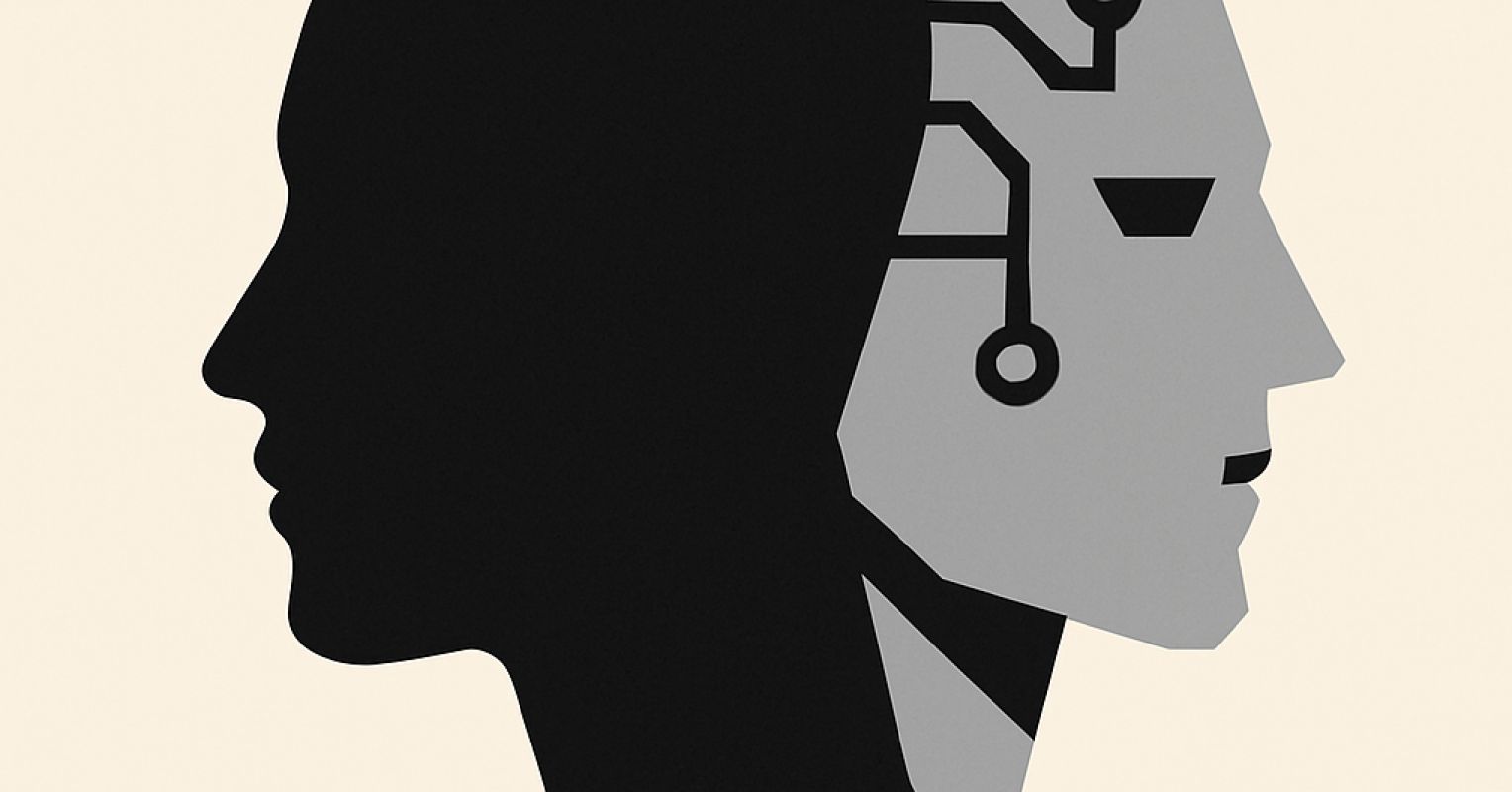Philosophy
fromThe Beer Thrillers - Central PA beer enthusiasts and beer bloggers. Homebrewers, brewery workers, and all around beer lovers.
3 months agoBook Review: A Significant Life (Todd May) - The Beer Thrillers
A significant life emerges as an ongoing, temporal narrative shaped by guiding values—intensity, curiosity, perseverance—that lend meaning distinct from but interacting with other life elements.













